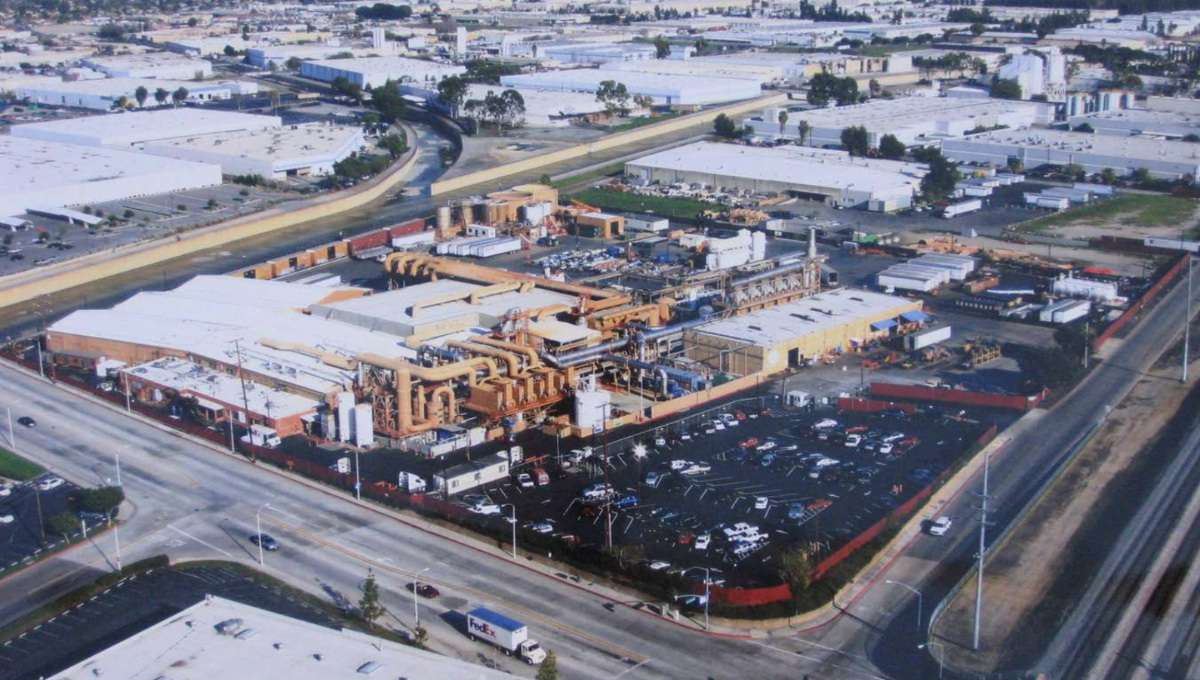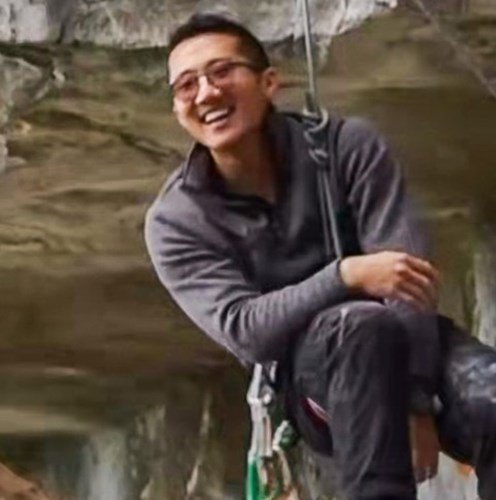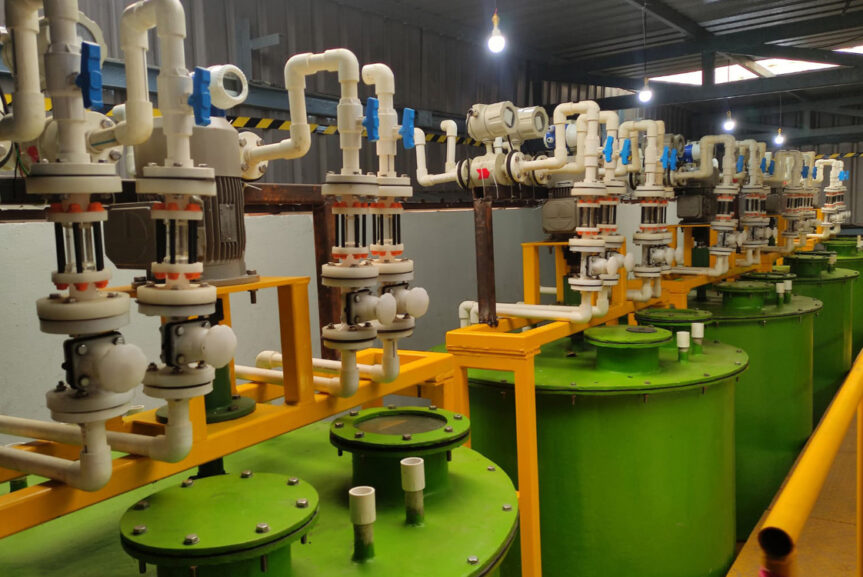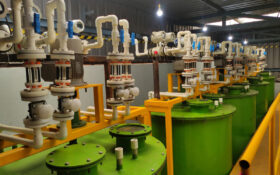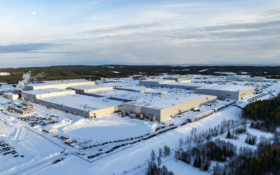Updated 5 August 2024 with more Ecobat comment
Lead battery recycler Ecobat has gained a draft hazardous waste facility operation permit from California’s state Department of Toxic Substances Control (DTSC) to keep a recycling plant going that neighbouring communities have campaigned to shut down.
The five-year permit – the company is not permitted under the draft to ask for 10 years – was issued on 16 July and the DTSC is running a consultation with locals on imposing stricter standards and financial conditions “to protect public health and the environment in Los Angeles county.”
It said granting a five-year term would “result in an earlier assessment of the Permittee’s compliance record and hazardous waste permit application upon a potential renewal submission, public input, and review of the facility conditions in five years instead of 10 years.”
The company said it did not request an increase in the number of lead batteries it could crush and recycle, or longer operating hours at the 13-acre site in City of Industry. The plant, some 15 miles east of Los Angeles city centre, processes 600 tons of lead-acid automotive batteries per day, according to a 2019 report from Los Angeles County.
Ecobat formerly operated at the same location under the name of Quemetco. In May 2020, it was fined $600,000. There had been complaints for years and we reported in 2016 DTSC forced the plant to partially close in 2016 for non-compliance.
The San Gabriel Valley Tribune reported on 22 July that DTSC sued the company for 29 violations of state hazardous waste laws and other violations in October 2018. The Los Angeles Daily News reported in December 2022 that the company agreed to a $2.3 million settlement in Los Angeles Superior Court.
It included having to carry out extensive remedial work at the plant and this led to the new permit. Ecobat said it had already taken corrective action to address nearly all DTSC’s compliance concerns.
The report also stated Quemetco has a history of violations during its 60 years of operation, from lead and arsenic smokestack emissions to failed leak detection systems. Ecobat told BEST there is no evidence of leak detection systems failing, but in the draft permit, DTSC has told it the recycler to stop using its containment building to store hazardous waste until its containment floor and leak detection systems are upgraded and modernised.
The plant is within 200 metres of residential homes and schools are nearby. DTSC has published 23 pages of Ecobat compliance violations at the site.
The short draft permit requires Ecobat to further investigate historical lead emissions, conduct soil sampling, take monthly samples of materials going into the furnace, install air monitoring and make monitoring data available. It must also hold annual public meetings to report back.
A second draft permit requires Ecobat to continue monitoring groundwater for at least another 13 years. Both permits require Ecobat to guarantee $50 million to ensure post-closure activities and site clean-up are fully financed. This is up from a previous requirement of $9.5 million. DTSC is accepting written comments until 19 November.
Despite the DTSC announcement, Ecobat plant manager Thys Jordan said the facility “stands as a testament to environmental innovation, with industry-leading emission-control equipment ensuring operations do not adversely impact the environment.”
The plant recycles over 10 million car batteries a year. “Ecobat has invested over $50 million in health and safety measures, protecting both the community and our workforce. We prioritise safety while maintaining our commitment to environmental stewardship, it said in a statement.

